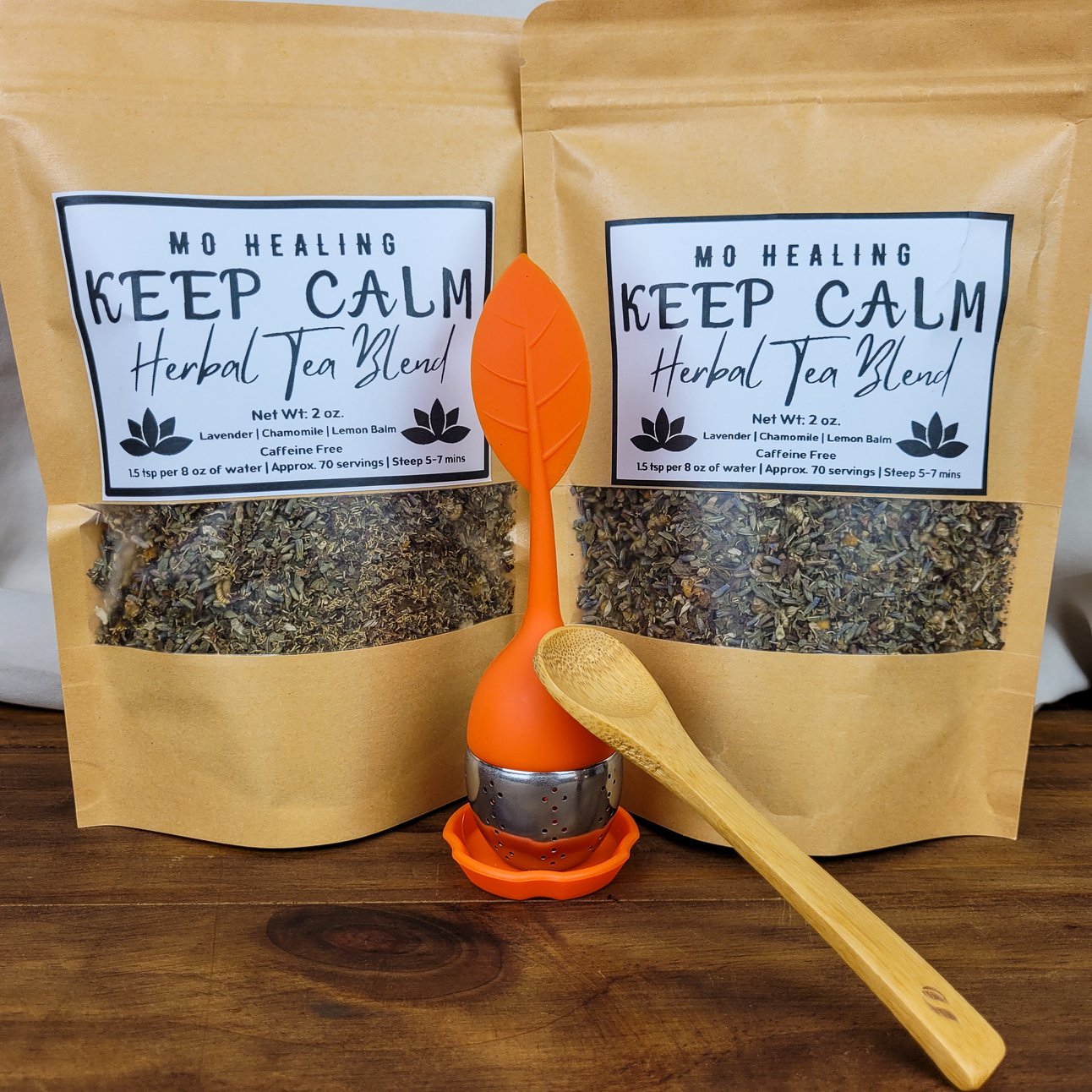- Mo's Healing Hub
- Posts
- Candida Unmasked
Candida Unmasked
A Guide to Restoring Wellness

Candida, a type of yeast, is a naturally occurring microorganism in the human body. However, when its balance is disrupted, it can lead to an overgrowth, causing various health issues. This guide aims to shed light on what Candida is, its symptoms, causes, and effective ways to address this common yet often overlooked health concern.

What is Candida?
Candida, primarily the Candida albicans species, is a fungus residing in the gut and mucous membranes. It plays a role in digestion and nutrient absorption. Yet, when the balance between good and harmful bacteria is disrupted, it can result in Candida overgrowth, leading to health problems.
Symptoms of Candida Overgrowth
Identifying Candida overgrowth can be challenging, as the symptoms are diverse and often mimic other conditions. Some common signs include:
Yeast Infections: Manifest as oral thrush, vaginal yeast infections, or skin and nail fungal infections.

Digestive Issues: Such as bloating, gas, constipation, or diarrhea.
Fatigue and Weakness: Persistent tiredness, brain fog, and lack of energy.
Skin Problems: Eczema, rashes, or itching in various body parts.
Mood Disorders: Anxiety, depression, irritability, or mood swings.
Sugar Cravings: An intense desire for sugary foods.
Causes of Candida Overgrowth
Several factors contribute to Candida overgrowth:
Antibiotics: Upset the balance of gut bacteria, allowing Candida to flourish.
High Sugar Diet: Excessive sugar intake feeds Candida.

Weak Immune System: Compromised immunity allows Candida to overgrow.
Stress: Weakens the body's defenses, fostering Candida growth.
Hormonal Changes: Such as pregnancy or hormonal imbalances.
How to Get Rid of Candida Naturally
Combatting Candida overgrowth involves a holistic and comprehensive approach. Below are detailed strategies and lifestyle modifications aimed at rebalancing the body and restoring optimal health by addressing the root causes of Candida overgrowth.
1. Dietary Adjustments
Low-Sugar, Low-Carb Diet: Minimize sugar intake as Candida thrives on sugar. Limit processed foods, sugary drinks, and refined carbohydrates.
Embrace Whole Foods: Prioritize a diet rich in vegetables, lean proteins, and healthy fats. Add cruciferous vegetables, such as broccoli and Brussels sprouts, renowned for their detoxifying properties.
Alkaline Foods: Include foods that promote an alkaline environment in the body, inhibiting Candida growth. Examples include green leafy vegetables and citrus fruits.
2. Probiotics and Fermented Foods

Probiotic Supplements: Introduce high-quality probiotic supplements to restore the balance of good bacteria in the gut.
Fermented Foods: Incorporate naturally fermented foods like sauerkraut, kimchi, kefir, and yogurt, which aid in promoting a healthy gut flora.
3. Antifungal Agents
Herbal Remedies: Embrace the power of nature's antifungal properties by incorporating herbs such as oregano, garlic, berberine, and pau d'arco.
Caprylic Acid: This fatty acid, found in coconut oil, possesses potent antifungal properties and can aid in reducing Candida overgrowth.
4. Detoxification and Cleansing
Support Liver Health: Consume liver-supportive foods like dandelion greens, artichokes, and turmeric to aid in the body's natural detoxification process.
Hydration: Drink ample water to facilitate the flushing out of toxins from the body, supporting overall detoxification.
5. Stress Management
Mindfulness Practices: Engage in stress-reducing activities like meditation, yoga, or tai chi to lower stress levels, thereby supporting a balanced immune system.
Adequate Sleep: Prioritize quality sleep to rejuvenate the body and bolster its natural defenses against Candida overgrowth.
6. Lifestyle Modifications
Exercise: Regular physical activity supports overall health and contributes to a robust immune system, essential in combating Candida overgrowth.

Healthy Hygiene Practices: Maintain good hygiene habits to prevent the spread of Candida, especially in cases of skin and genital infections.
7. Consultation with Healthcare Professionals
Seek Guidance: A healthcare professional specializing in integrative or functional medicine can offer personalized guidance, including appropriate tests, diagnosis, and individualized treatment plans.
By integrating these comprehensive strategies into your lifestyle, you can effectively counter Candida overgrowth and restore the body's equilibrium. Remember, each individual's journey to wellness is unique. Consulting healthcare experts for tailored advice and guidance is paramount.
Candida overgrowth is a prevalent issue that can significantly impact one's health and well-being. Recognizing the symptoms and understanding the causes is crucial in addressing this condition effectively.
By making lifestyle changes, adopting a healthier diet, and using natural remedies, it's possible to restore the body's natural balance, reducing Candida overgrowth and reclaiming optimal health.



